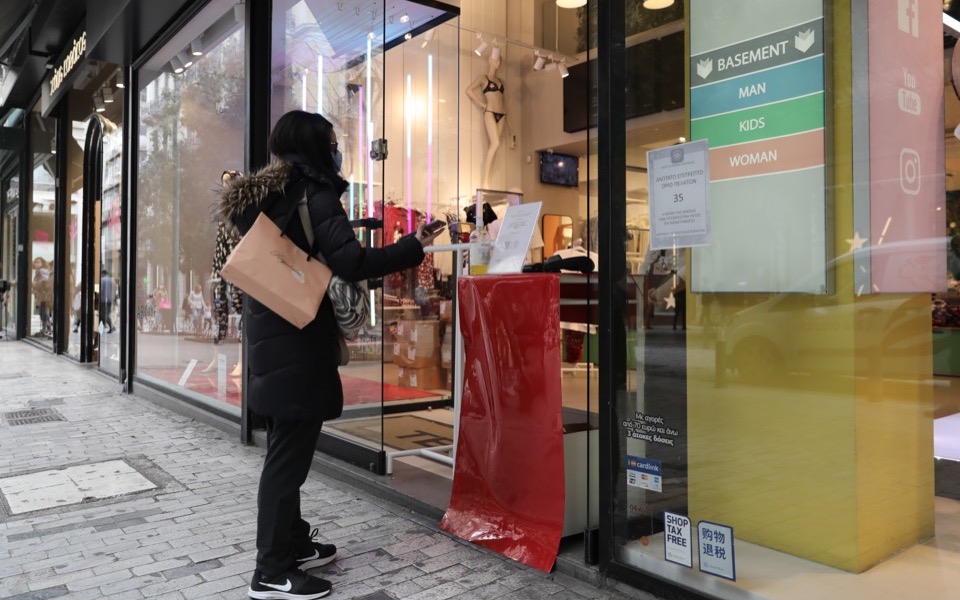Banks fret over business loans

Burdened with suspended loans of about 6 billion euros, the sectors of tourism accommodation and food service is proving the biggest sufferer of the pandemic, even more so as the vaccination program experiences delays and the exit from the crisis is not yet in sight.
Hotels, restaurants and bars are the sectors to have been hurt most by the pandemic as they have been on a permanent and horizontal lockdown for months, in most cases, accounting for 33% of loan moratoria approved by banks to date.
Bank of Greece figures show that the frozen loans until end-2020 amounted to €18.4 billion, constituting a ticking bomb for banks’ financial balance, as they account for 16% of their performing portfolios based on pre-crisis data.
The same statistics reveal that after the food service and hotel sectors, the list of borrowers with frozen loans includes wholesale and retail commerce that account for 17% in total, or some €3.1 billion. The sector of transport and logistics accounts for another 12% of suspended credit, or some €2.2 billion, matching the sum of frozen loans to industries.
Concerns about the capacity of the food service sector to withstand the extended lockdown are growing due to the fact that this industry already produced one of the highest bad-loan rates, which according to BoG data comes to 54.3%.
The only silver lining for banks’ balances as well as for food service itself is that in absolute figures the sector’s credit is low, as this mostly concerns very small enterprises, with self-employed professionals or a relatively small number of employees on the payroll.
The hotel sector has a lower rate of 22.4%, but this is far higher than in the past given its momentum in previous years. This is causing more concern about the sustainability of several tourism accommodation companies unless there a major turnaround regarding the course of the pandemic this summer.
Commerce also has a high rate of nonperforming loans, at 37.3% of its overall credit, so the prospects do not appear positive at all, as its bad loans are seen as adding up to approximately €8 billion.





